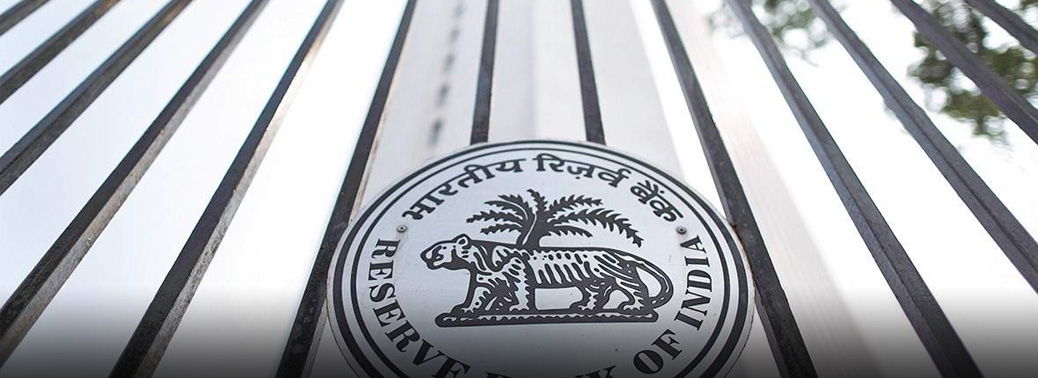RBI Unveils Loan Recast Scheme for Small Units
02, Jan 2019

Prelims level : Economy
Mains level : Changes in industrial policy and their effects on industrial growth.
In News:
- The Reserve Bank of India (RBI) announced a one-time restructuring scheme for stressed loan accounts of micro, small and medium enterprises (MSMEs), one of the key demands of the government for the past two months.
Explained:
- The RBI said the aggregate exposure, including non-fund-based facilities of banks and non-bank entities, to a small borrower should not exceed Rs 25 crore as on January 1, 2019. The restructuring has to be implemented by March 31, 2020.
- A provision of 5 per cent in addition to the provisions already held, should be made in respect of accounts restructured under this scheme,
- The issue of restructuring of MSME accounts was discussed in the meeting of the Central Board of RBI on November 19, 2018. The matter was also discussed during RBI’s recent interactions with the banks and other stakeholders.
- The RBI was initially reluctant to sanction such forbearance but relented in the wake of pressure from several board members who pushed for the bail-out small borrowers hit by demonetization and implementation of GST.
- The RBI was initially reluctant to sanction such forbearance but relented in the wake of pressure from several board members who pushed for the bail-out small borrowers hit by demonetization and implementation of GST.
- The borrowing entity is GST-registered on the date of implementation of the restructuring. However, this condition will not apply to MSMEs that are exempt from GST-registration
- The central bank said banks and NBFCs desirous of adopting this scheme should put in place a Board-approved policy on restructuring of MSME advances within a month. The policy should include framework for viability assessment of the stressed accounts and regular monitoring of the restructured accounts, the RBI said.
- The RBI said accounts classified as non-performing asset (NPA) can be restructured, but the extant asset classification norms governing restructuring of NPAs will continue to apply. However, as a general rule, barring the above one-time exception, any MSME account which is restructured must be downgraded to NPA upon restructuring and will slip into progressively lower asset classification and higher provisioning requirements as
per the current norms. - Such an account may be considered for up gradation to ‘standard’ only if it demonstrates satisfactory performance during the specified period
- Satisfactory performance means no payment (interest and/or principal) should remain overdue for a period of more than 30 days.






